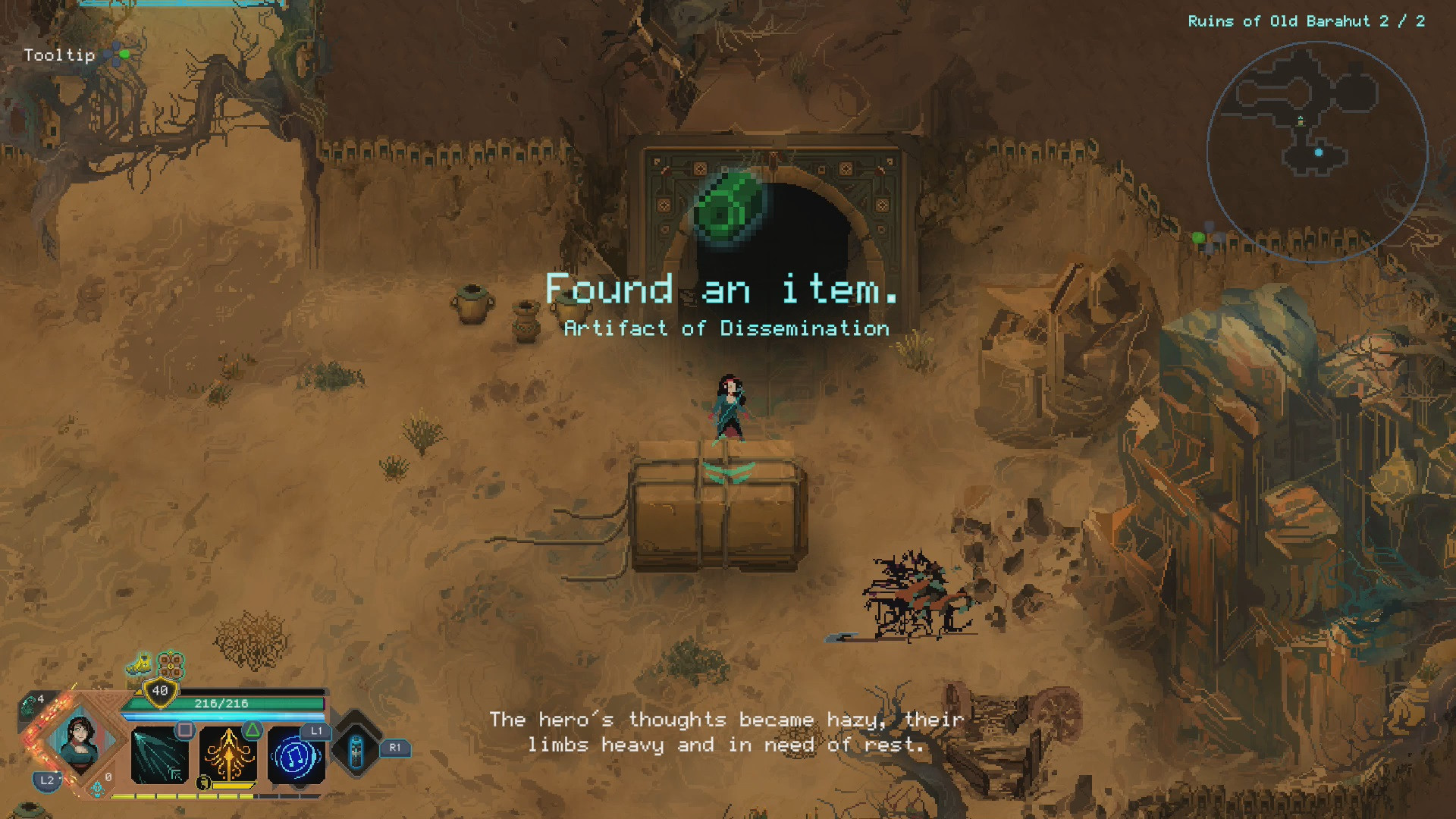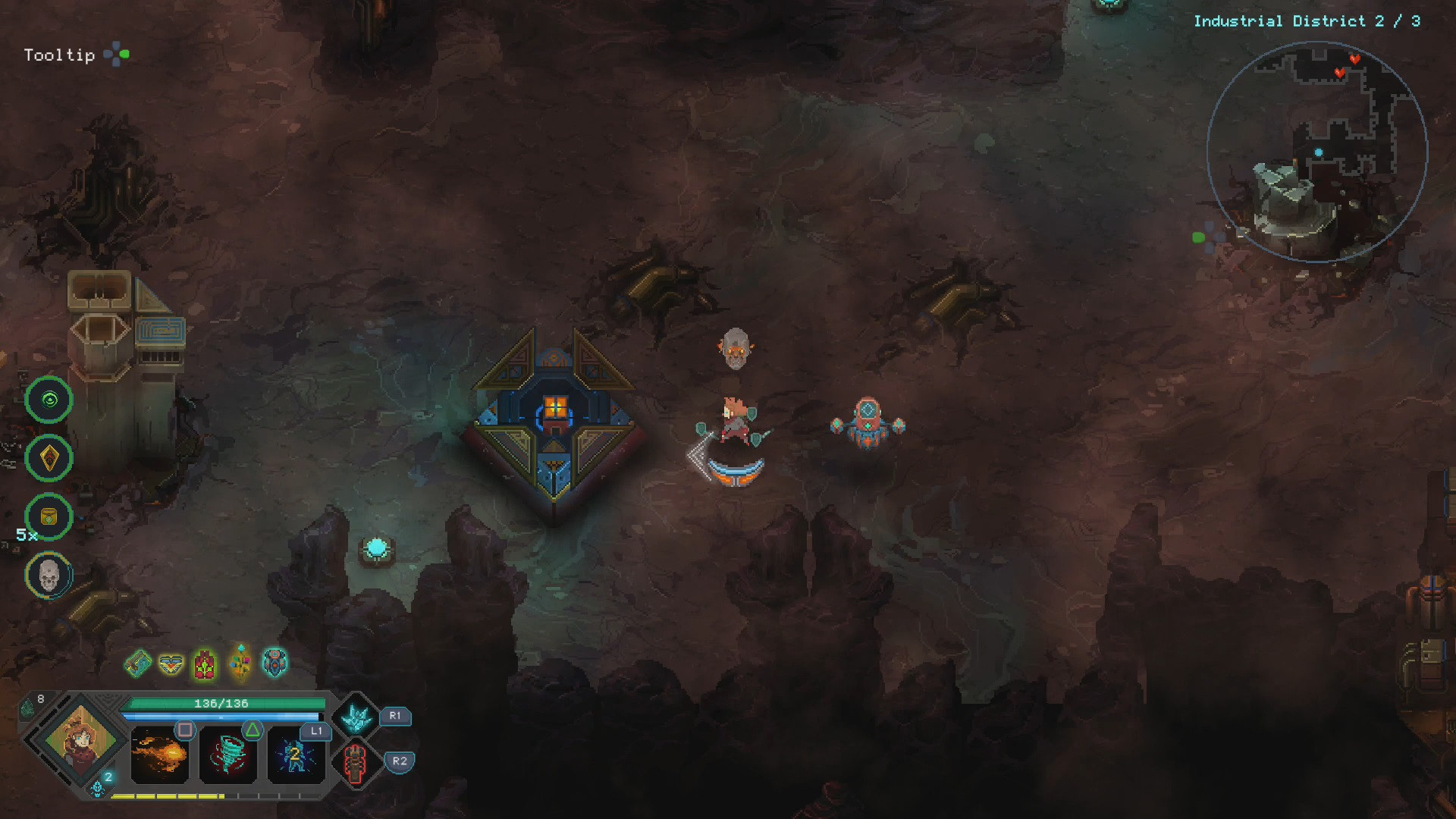
In so doing, Mark also abandoned his duty to Mount Morta, and is seen has having abandoned the Bergsons. The parents John and Mary are expecting a baby, and are laser-focused on preparing for its arrival leading to their children Kevin and Lucy feeling ignored, while their oldest son Mark left the family a long time ago to find himself. They live together but are completely isolated from each other. At the beginning, the Bergsons are a sad, broken, dysfunctional family that is afraid of their responsibility to defend Mount Morta. So far so roguelike, but the devil is in the details.Ĭhildren of Morta, at its core, is a game about family so a lot of its meta-progression systems act to reinforce those themes. Should you die at any point, you're knocked back to the beginning with nothing but your grasp of the game's mechanics to guide you through subsequent runs. At the end of each dungeon lies a boss you have to defeat. You then take these characters through randomly generated dungeons while gaining randomised loot and upgrades that make you more powerful. In terms of its core gameplay, Children of Morta takes several cues from Blizzard's Diablo series, but instead of picking a class you pick one of the members of the Bergson family each of whom has a unique playstyle. Yes, the game does have excellent combat and a really neat RPG progression system along with some astonishingly beautiful pixel art, but the real heart of Children of Morta lies with the Bergson family, where hunting for lore tidbits that flesh out the characters feels as vital as hunting monsters.


The most blatant way in which Children of Morta sets itself apart from its roguelike brethren is its emphasis on narrative and character-development. But if you then throw an RPG progression system on top of the gameplay, that's what you get what I like to call a Vincent game. If you the platforming in Spelunky or the combat in Dead Cells weren't as good, those games would not have been as good as they are. A great roguelike lives or dies by its core gameplay loop. Since the levels will vary from run to run, you can't memorise them which means you are forced to engage with the core mechanics, movement, combat in a way strictly linear adventures often don't encourage.

I love the idea of a game where "gitting gud" comes not from mastering levels but from rules and mechanics.


 0 kommentar(er)
0 kommentar(er)
